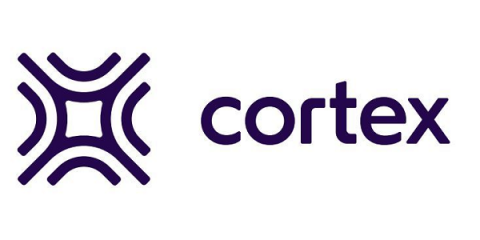Product Release Notes December 2024
As we step into 2025, we’re thrilled to reflect on the strides we’ve made in December and all throughout the last year to empower the FinOps and cloud cost management practices of our customers. These updates mark another milestone in our journey to continuously improve your experience, providing the insights and control you need to manage cloud costs efficiently.











